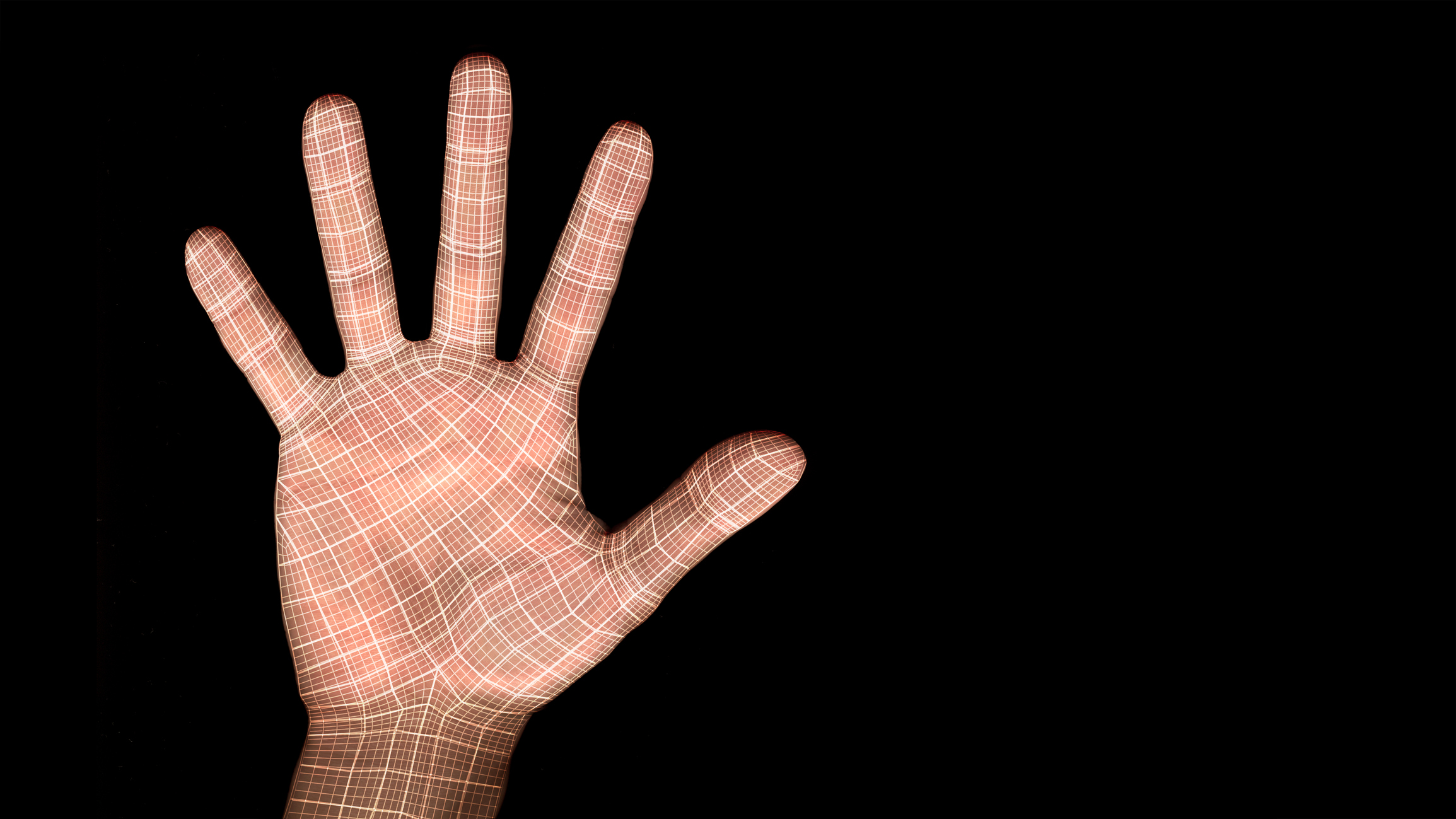Whole Foods Quietly Asks for Your Palm Print
All Whole Foods stores will allow shoppers to pay with a wave of the hand, but should you give biometric data to Amazon?


Profit and prosper with the best of Kiplinger's advice on investing, taxes, retirement, personal finance and much more. Delivered daily. Enter your email in the box and click Sign Me Up.
You are now subscribed
Your newsletter sign-up was successful
Want to add more newsletters?

Delivered daily
Kiplinger Today
Profit and prosper with the best of Kiplinger's advice on investing, taxes, retirement, personal finance and much more delivered daily. Smart money moves start here.

Sent five days a week
Kiplinger A Step Ahead
Get practical help to make better financial decisions in your everyday life, from spending to savings on top deals.

Delivered daily
Kiplinger Closing Bell
Get today's biggest financial and investing headlines delivered to your inbox every day the U.S. stock market is open.

Sent twice a week
Kiplinger Adviser Intel
Financial pros across the country share best practices and fresh tactics to preserve and grow your wealth.

Delivered weekly
Kiplinger Tax Tips
Trim your federal and state tax bills with practical tax-planning and tax-cutting strategies.

Sent twice a week
Kiplinger Retirement Tips
Your twice-a-week guide to planning and enjoying a financially secure and richly rewarding retirement

Sent bimonthly.
Kiplinger Adviser Angle
Insights for advisers, wealth managers and other financial professionals.

Sent twice a week
Kiplinger Investing Weekly
Your twice-a-week roundup of promising stocks, funds, companies and industries you should consider, ones you should avoid, and why.

Sent weekly for six weeks
Kiplinger Invest for Retirement
Your step-by-step six-part series on how to invest for retirement, from devising a successful strategy to exactly which investments to choose.
No phone, no card, no problem! All Whole Foods stores will accept a palm-based biometric payment technology by the end of the year, Amazon announced on Thursday. To use the payment method, called Amazon One, shoppers will simply hover their hand over a scanner near check-out. Amazon intends to market the technology for widespread use by retailers, ticketing agencies, office security providers and others, so this convenience is poised to grow. But before you give Amazon full access to the unique biometric identifiers held in your palm, think carefully about the price of that convenience.
How does the Whole Foods payment work?
Customers can sign up for Amazon One at a kiosk or at the check-out counter, by inserting their credit card and hovering their hand over a special scanning device. The system will read unique identifiers on your palm, such as lines, ridges and vein patterns, and link that profile to your credit card. Amazon Prime members may also link their membership to the profile to receive Prime discounts.
How widespread is Amazon One?
In addition to its use in Whole Foods and Amazon Fresh stores, the company anticipates growing demand for the technology. Panera Bread, entertainment venues, travel stores and more are already offering Amazon One at various locations. Coors Field, where Colorado's Major League Baseball teams play, uses the technology to confirm that customers are 21 or older, and to accept payment for beer or alcohol.
From just $107.88 $24.99 for Kiplinger Personal Finance
Become a smarter, better informed investor. Subscribe from just $107.88 $24.99, plus get up to 4 Special Issues

Sign up for Kiplinger’s Free Newsletters
Profit and prosper with the best of expert advice on investing, taxes, retirement, personal finance and more - straight to your e-mail.
Profit and prosper with the best of expert advice - straight to your e-mail.
Privacy and security concerns
It's easy to image a scenario where you just don't want to carry your wallet or phone, such as at a large sporting event or at a theme park. But what do you give up in return for the convenience of a biometric-gathering service like Amazon One?
First, Amazon One is different from other biometric payment systems, explained three U.S. Senators in a 2021 letter to the company. "In contrast with biometric systems like Apple’s Face ID and Touch ID or Samsung Pass, which store biometric information on a user’s device, Amazon One reportedly uploads biometric information to the cloud, raising unique security risks."
Amazon has certainly faced issues with cloud-based data security and privacy. Just last May, the company agreed to pay $30 million to settle two cases alleging privacy violations involving the company's Alexa and Ring units — $25 million for Alexa and $5 for Ring, respectively. The company also allegedly retained private data for use as an A.I. training dataset.
Second, Amazon states that it will not share Amazon One identity data with any third party and will not tie the data to marketing efforts. It also promises not to share data with any government "unless we're required to comply with a legally valid and binding order." That's an important assurance to those who criticized the company for selling facial recognition software to police departments. Still, biometric data raises complex privacy issues that our state and federal governments are still parsing.
On the plus side, scanning a palm is far better than gathering biometric data on a face or iris. No one will recognize you by your palm alone, and as the company points out, hovering over the Amazon One device is an intentional motion; you won't be identified without your consent.
Waive the wave
Sure, Amazon One would be nice to have on certain occasions when you're just wearing your bathing suit or dancing at a club, but is it worth it? For that small bit of convenience, you cede another bit of your unique information to big tech. Our advice? Take a hard pass.
Profit and prosper with the best of Kiplinger's advice on investing, taxes, retirement, personal finance and much more. Delivered daily. Enter your email in the box and click Sign Me Up.

Ellen writes and edits retirement stories. She joined Kiplinger in 2021 as an investment and personal finance writer, focusing on retirement, credit cards and related topics. She worked in the mutual fund industry for 15 years as a manager and sustainability analyst at Calvert Investments. She earned a master’s from U.C. Berkeley in international relations and Latin America and a B.A. from Haverford College.
-
 Quiz: Do You Know How to Avoid the "Medigap Trap?"
Quiz: Do You Know How to Avoid the "Medigap Trap?"Quiz Test your basic knowledge of the "Medigap Trap" in our quick quiz.
-
 5 Top Tax-Efficient Mutual Funds for Smarter Investing
5 Top Tax-Efficient Mutual Funds for Smarter InvestingMutual funds are many things, but "tax-friendly" usually isn't one of them. These are the exceptions.
-
 AI Sparks Existential Crisis for Software Stocks
AI Sparks Existential Crisis for Software StocksThe Kiplinger Letter Fears that SaaS subscription software could be rendered obsolete by artificial intelligence make investors jittery.